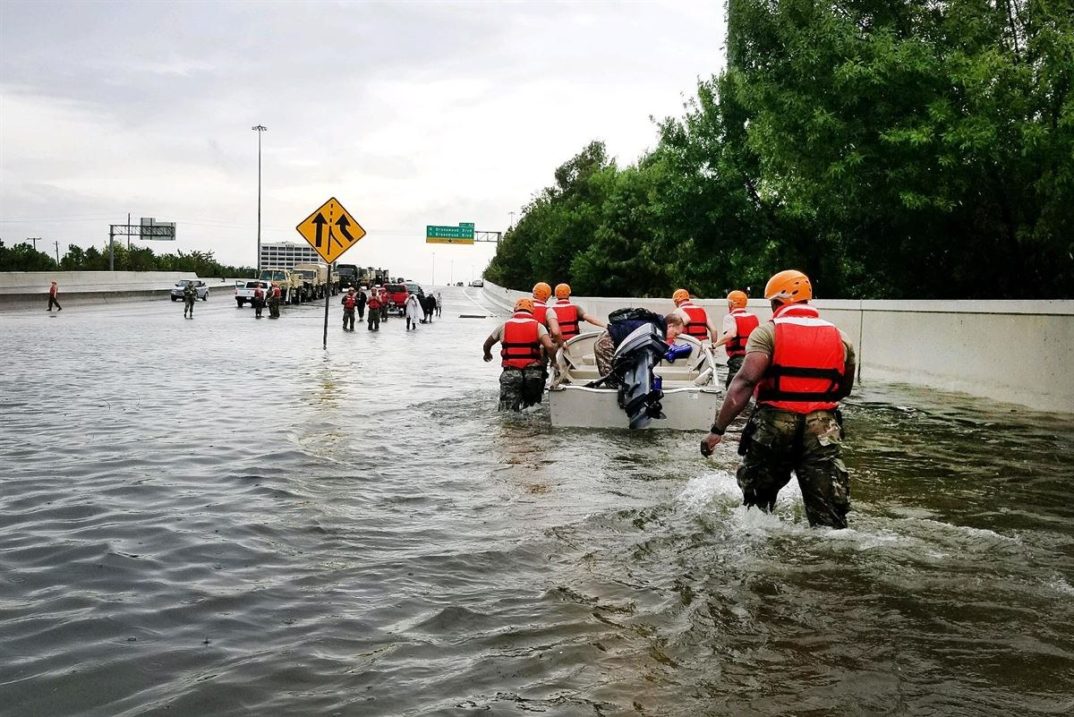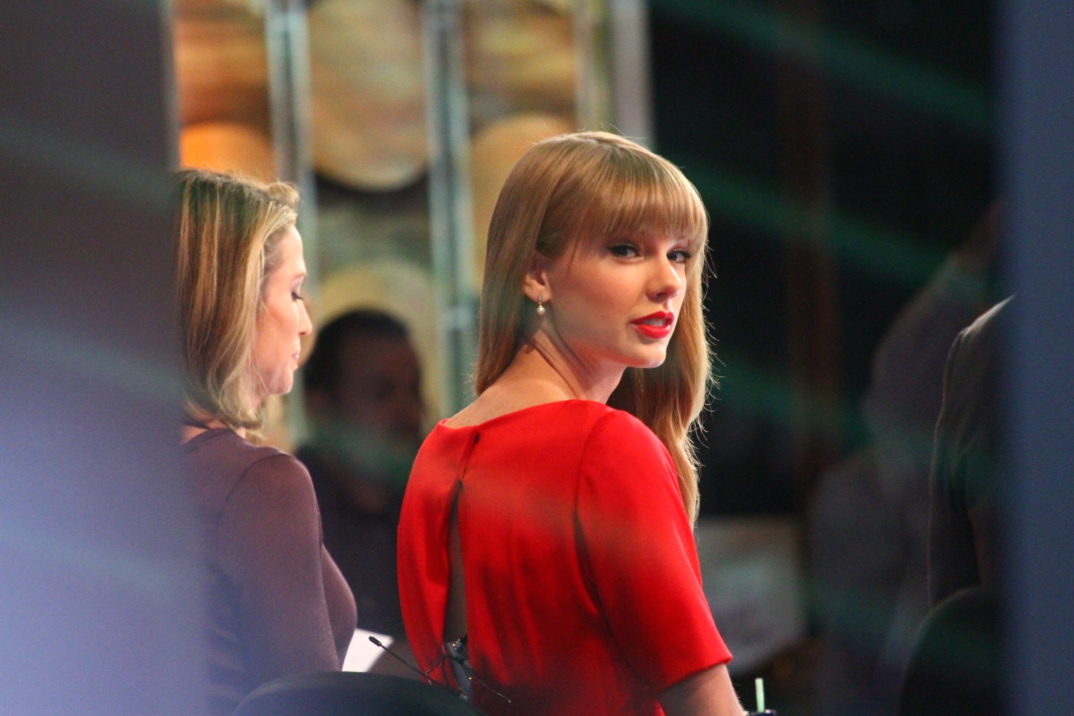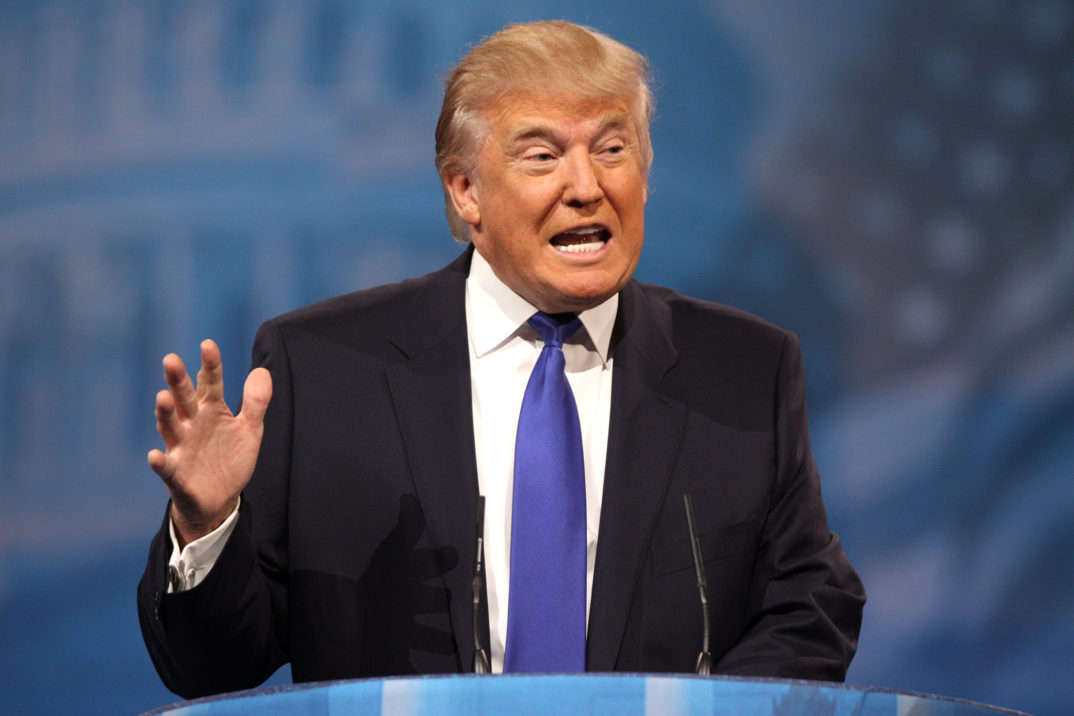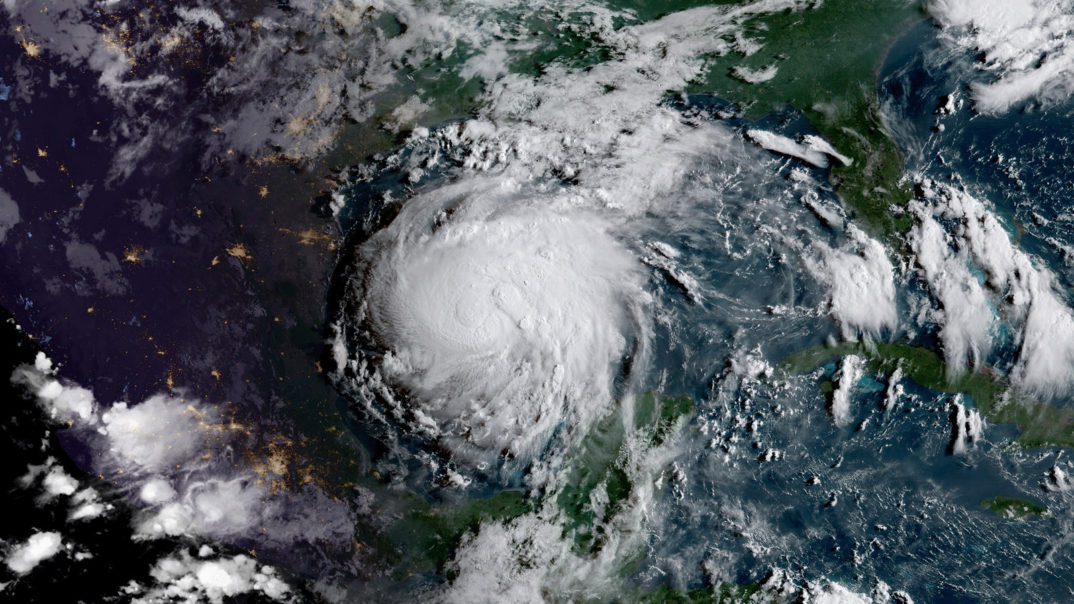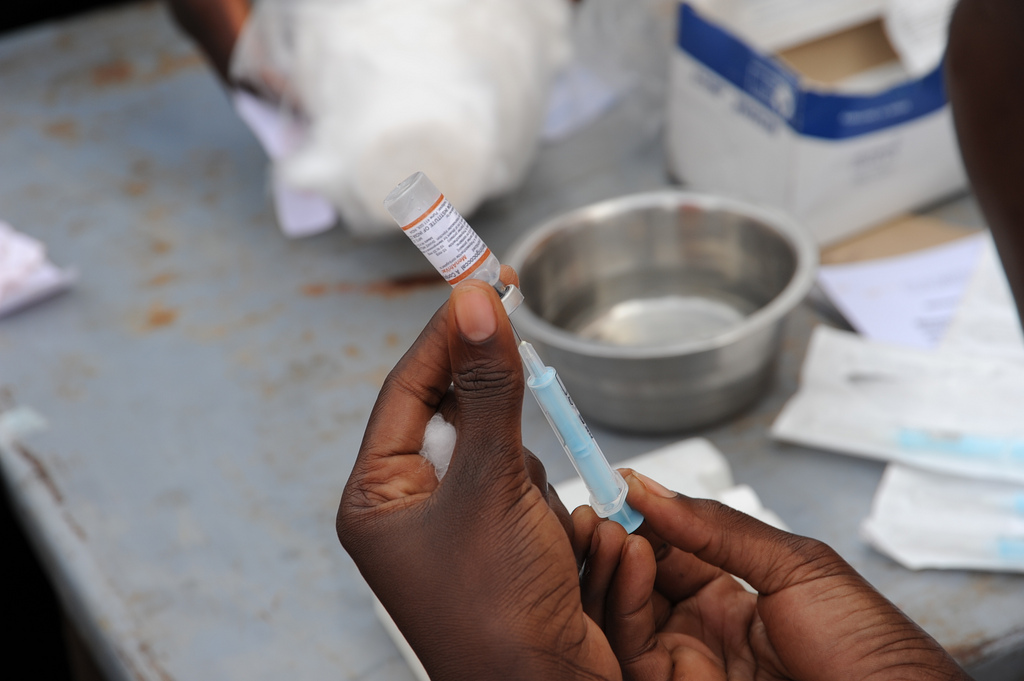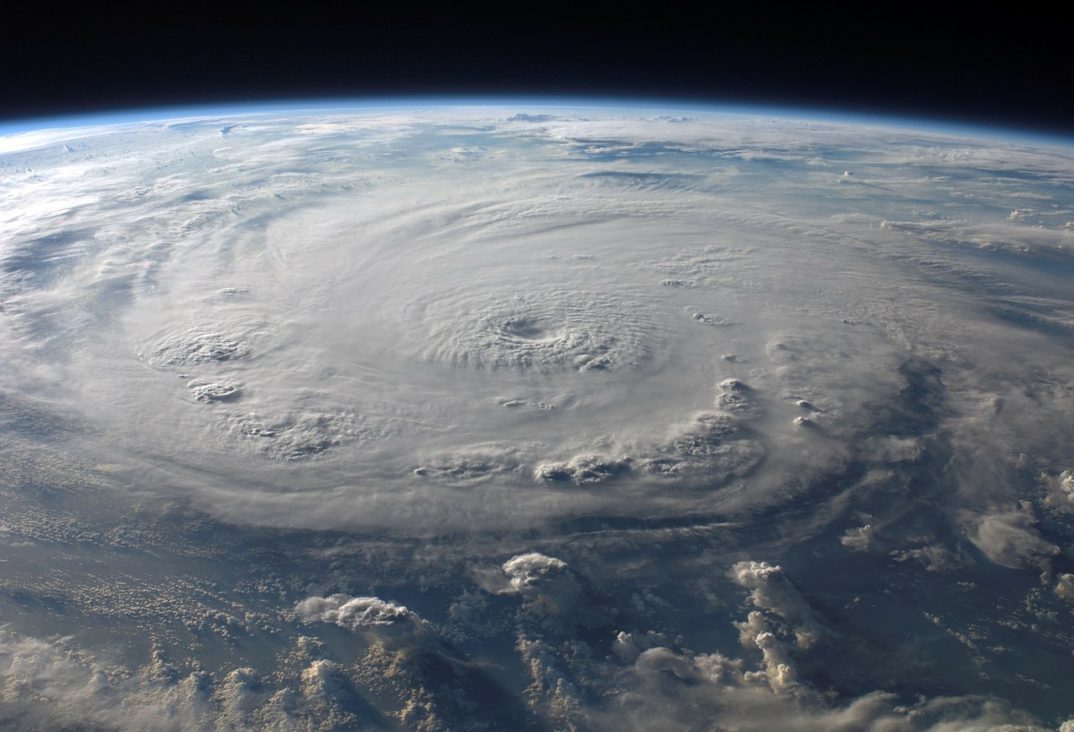This article has a set of discussion questions tailored for classroom use. Click here to download them. To see a full list of articles with discussion questions and other resources, visit our “Educational Resources” page.
A group called Rational Vaccines, which conducted a clinical trial of a herpes vaccine, has brought legal and ethical standards for medical research into the news recently. The trial, conducted from April to August of 2016, used human subjects and was conducted in the Caribbean in order to avoid being overseen by the FDA or cleared by the institutional review board, or IRB, which is required of trials in the US.
Peter Thiel, co-founder of PayPal, has invested $4 million in Rational Vaccines this month. Thiel is an outspoken critic of the safety regulations the FDA and considers the oversight of the organization to needlessly delay scientific advancement. In an interview, he claimed that our current system of checks would prevent the polio vaccine from being developed today. However, his contribution to the group was contingent on their future compliance with FDA regulations in order for the findings of their research to be able to help more people.
The group has faced a great deal of controversy over the herpes vaccine study, not only for blatantly avoiding the jurisdiction of the US, but also for failing to meet standards of scientific rigor. However, the Chief of Rational Vaccines, Augustin Fernandez, stands by the results and is concerned that the import of the study is being lost in the uproar over the conditions of the trial.
Medical research has the aim of advancing our understanding of treatment and developing new ways of preventing ailments and healing the sick. However, this aim is in conflict with a competing value: that of imposing risk to the subjects. Clinical trials in medicine are experiments that explore what happens when humans engage in some treatment, and thus expose humans to risk of harm. Medical research thus has its own burden of justification that other scientific research (for instance, in physics or chemistry) doesn’t necessarily need to meet.
A basic ethical burden for medical research is that of scientific merit: a study must meet the standards of scientific method that peers dictate. Because studies are taking place in a scientific context, ideally this includes some possibility of replication of the results, suitable sample size and distribution, and objectivity of data collection. Including a control group and controlling variables is similarly important. Because clinical trials are exposing humans to harm, the study needs to be of scientific merit. Unfortunately, the herpes vaccine trial is not clearly meeting these standards because it included only 20 subjects without a clearly established control group, and the results involved the subjects who received the vaccine self-reporting their impression of whether there was an improvement of their condition. These aspects have undermined the scientific merit of the study, making it unlikely to be published in the US.
Also, because the research is experimental in nature, meaning it is not the standard of care, it is thus risky, and there are ethical demands on how this risk must be managed. Because humans are involved and potentially harmed by the trial, when medical research is conducted on humans, the subjects must give informed consent to adopting the risk of the study.
Other ways of managing the risk of the study go beyond the consent of the participants. The possible benefit must be proportional to the risk assumed by the subjects. Further, the benefit must not be directed towards a different group than those assuming the risk. This concern ties into selecting the subjects. If the treatment or drug that results from the trial will be prohibitively expensive, for instance, then it is ethically fraught to test the drug on subjects from economically disadvantaged groups. It may save a significant amount of money to conduct research on new treatments in less developed areas or nations, but to do so often means centering the risk of the trials on groups that will not be able to benefit from the results.
This ethical constraint on medical trials is especially pertinent to studies being conducted transnationally. In Rational Vaccine’s trial for this herpes vaccine, subjects from the US and UK were flown to the Caribbean to take part in the study so this concern doesn’t overtly arise. However, transferring their patients outside the country highlights their attempts to avoid government regulations.
The criticisms that Thiel and other libertarians lob against the FDA claim that the regulations prevent medical progress. That’s true. Regulations are meant to promote the aims discussed above in order to prevent harm and exploitation of human subjects. In conducting research, the tension between developing a life-saving treatment and conducting your trial in a respectful and ethical manner can be fraught.
Unfortunately, the history of clinical trials is riddled with cases that highlight how important it is to attend to the ethical implications of medical research. It is very possible to conduct research in countries with fewer regulations and underprivileged citizens that are willing to adopt high risk in exchange for not receiving any benefit. From 1946-1948, US scientists infected patients in Guatemala with STDS. Within the US, patients’ rights have been disrespected and exploited, for instance in the well-known and egregious case of the Tuskegee experiments, where a group of African American patients were denied treatment for their syphilis in order to see how the disease progressed over their lives.
There is, of course, value in pursuing scientific advancement through clinical trials. The results of such trials could help a number of people, increasing the quality of life for many. This benefit must be weighed against the possible exploitation of research subjects and accepting the risk that the experiment will result in harm to the subjects.













